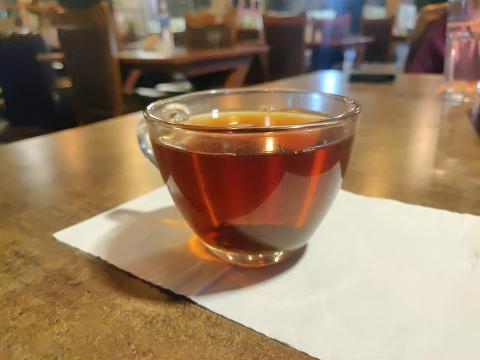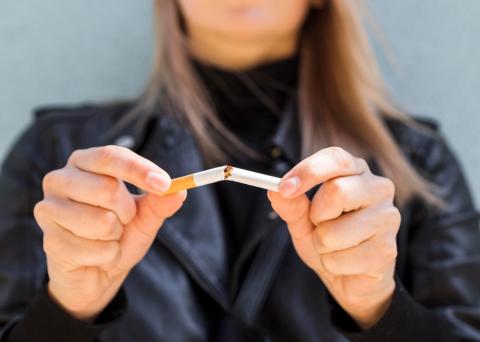According to a meta-analysis of 14 studies involving more than 25,000 people, drinking more than four cups of coffee per day was associated with a lower incidence of head and neck tumors. Drinking between none and one cup of tea was also associated with a slightly decreased risk, although daily consumption of more than one cup of tea was associated with an increased risk of developing laryngeal cancer. The results are published in the journal Cancer.

Borràs - Café (EN)
Josep Maria Borràs
Scientific coordinator of the National Health System Cancer Strategy and director of the Catalan Oncology Plan
This meta-analysis is conducted to the highest quality standards and by recognized experts in the field, who have led the case-control studies analyzed in the study. The data increase the consistency of the observation of an inverse relationship between head and neck cancer risk and coffee consumption. In this sense, I believe that this observation is the most solid and it is for the main tumor sites, given the total sample of cases analyzed.
For me, the conclusions should stay here. I do not think it is advisable to drink coffee or tea to protect against this type of tumors, but clearly to say that there is no risk associated with this consumption and that consuming it may have some beneficial effect, but not to go further in the conclusion.
The study has the methodological problems of case-control studies, but the consistency of the results between the different studies shows a strong profile of support for the study's conclusion. The sample size is also an argument in favor.
Sanders - Café
Tom Sanders
Professor emeritus of Nutrition and Dietetics, King’s College London
This review reports the association between coffee (ordinary and decaffeinated) and tea drinking with risk of head and neck cancers. The overall conclusion is that the consumption of these beverages is associated with a slightly lower risk of cancer at these sites.
An important limitation is that this review is based on observational studies and not randomized controlled trials. So we cannot say from this study that drinking these beverages will lower risk of these cancers. In observational studies, it is very difficult to totally eliminate confounding effects, for example, of tobacco and alcohol from the statistical analyses. Consequently, people who drink a lot of coffee and tea may be more likely to avoid other harmful behaviours such as drinking alcohol and using tobacco and so may be at a lower risk of these cancers for other reasons.
In conclusion, the findings may be reassuring for coffee and ordinary tea drinkers because some previous studies have suggested that drinking certain hot beverages, particularly the South American herbal tea maté, is associated with a slightly increased risk of oral and throat cancer.
Declared interests: “Member of the Science Committee British Nutrition Foundation. Honorary Nutritional Director HEART UK.
Before my retirement from King’s College London in 2014, I acted as a consultant to many companies and organisations involved in the manufacture of what are now designated ultraprocessed foods.
I used to be a consultant to the Breakfast Cereals Advisory Board of the Food and Drink Federation.
I used to be a consultant for aspartame more than a decade ago.
When I was doing research at King’ College London, the following applied: Tom does not hold any grants or have any consultancies with companies involved in the production or marketing of sugar-sweetened drinks. In reference to previous funding to Tom’s institution: £4.5 million was donated to King’s College London by Tate & Lyle in 2006; this funding finished in 2011. This money was given to the College and was in recognition of the discovery of the artificial sweetener sucralose by Prof Hough at the Queen Elizabeth College (QEC), which merged with King’s College London. The Tate & Lyle grant paid for the Clinical Research Centre at St Thomas’ that is run by the Guy’s & St Thomas’ Trust, it was not used to fund research on sugar. Tate & Lyle sold their sugar interests to American Sugar so the brand Tate & Lyle still exists but it is no longer linked to the company Tate & Lyle PLC, which gave the money to King’s College London in 2006".
- Research article
- Peer reviewed
- Observational study
- People
- Meta-analysis
Nguyen et al.
- Research article
- Peer reviewed
- Observational study
- People
- Meta-analysis



